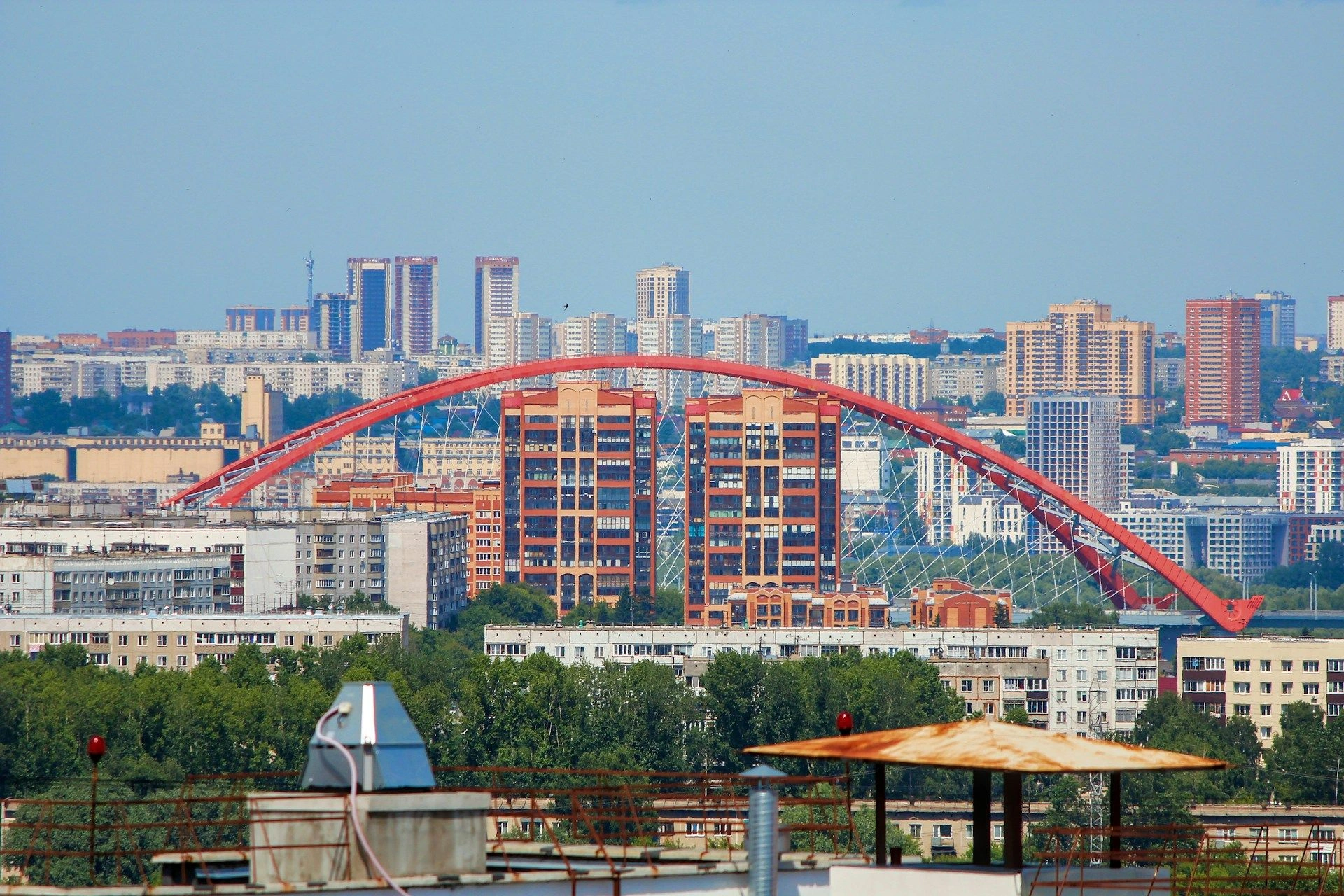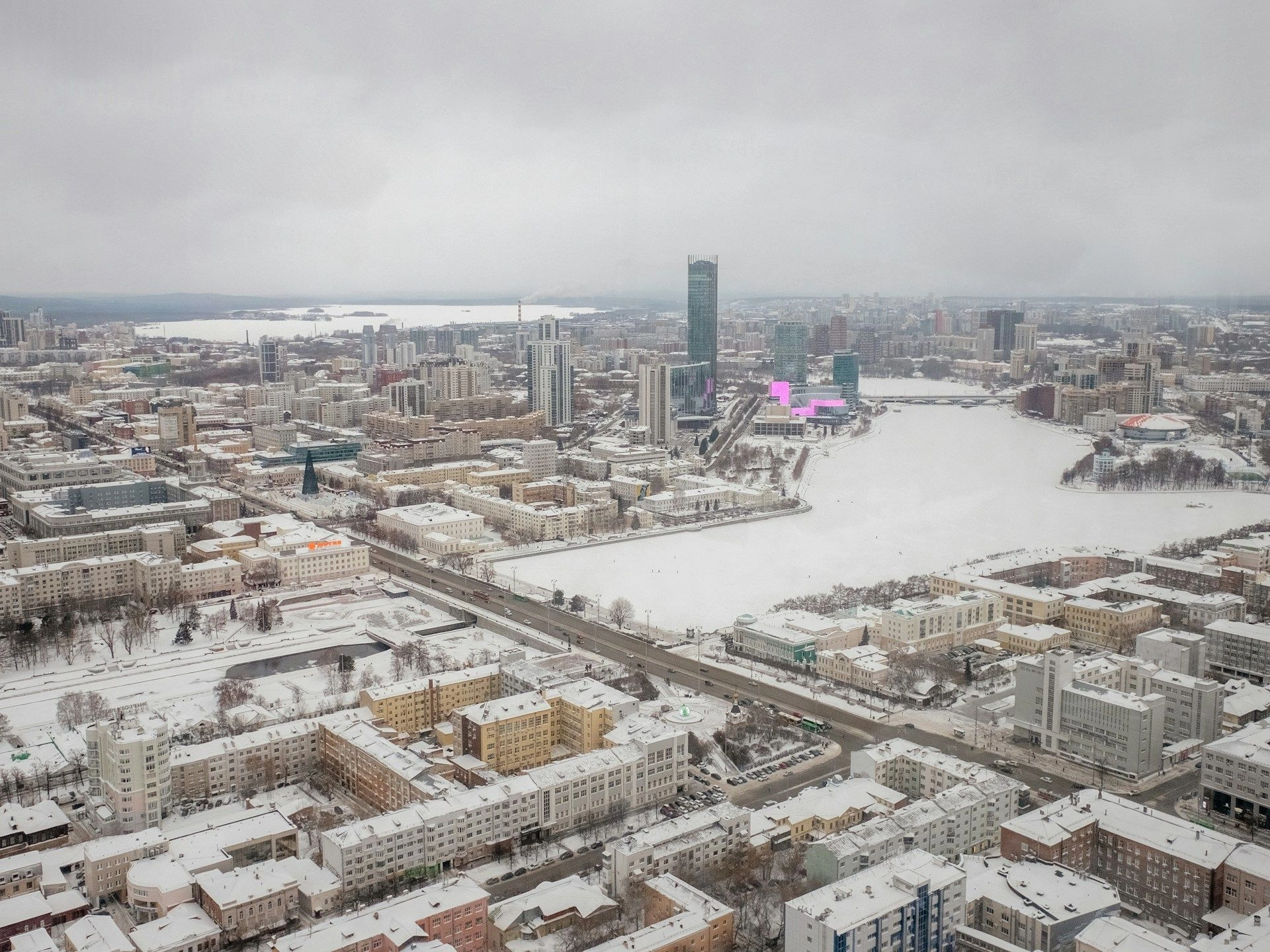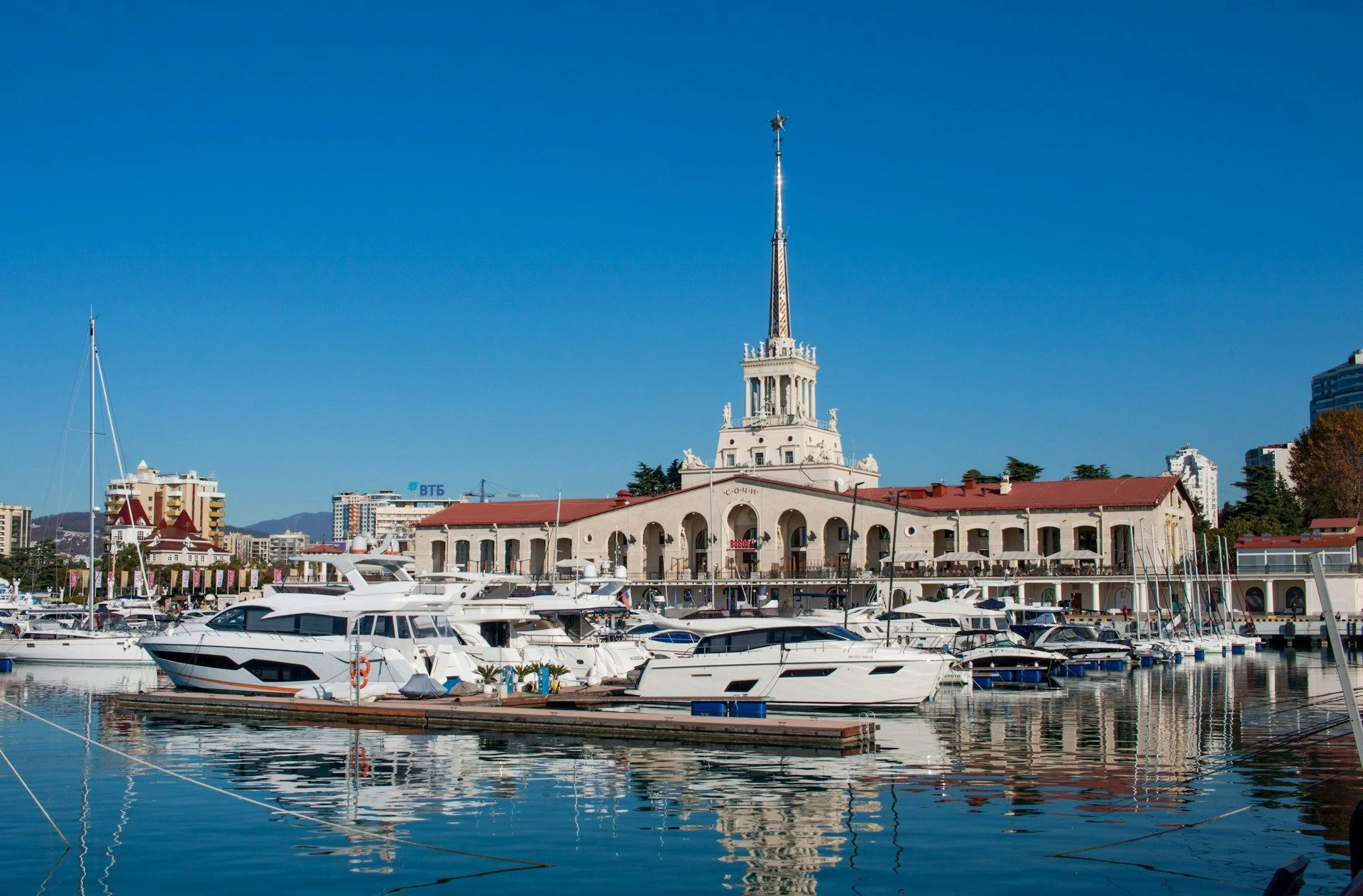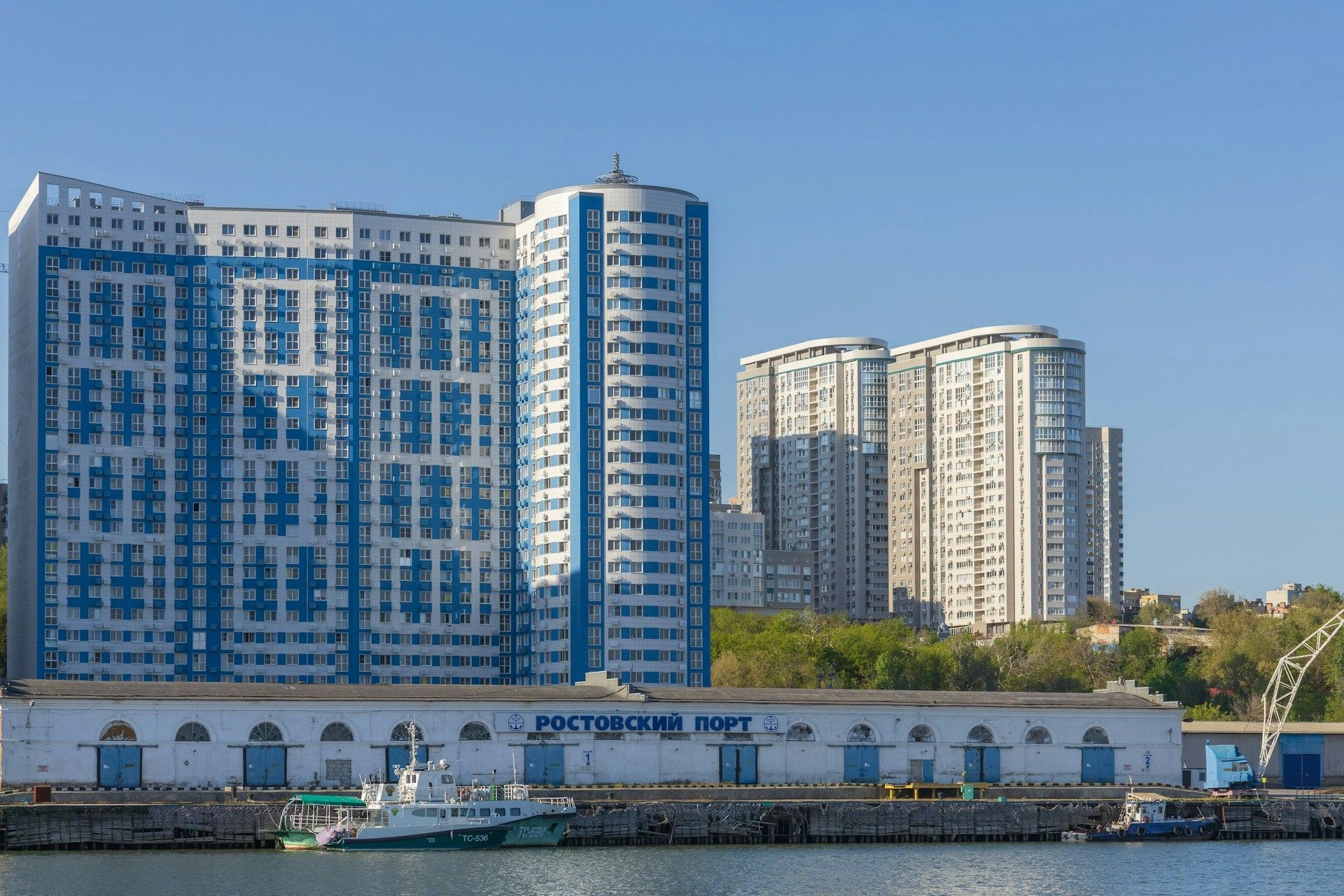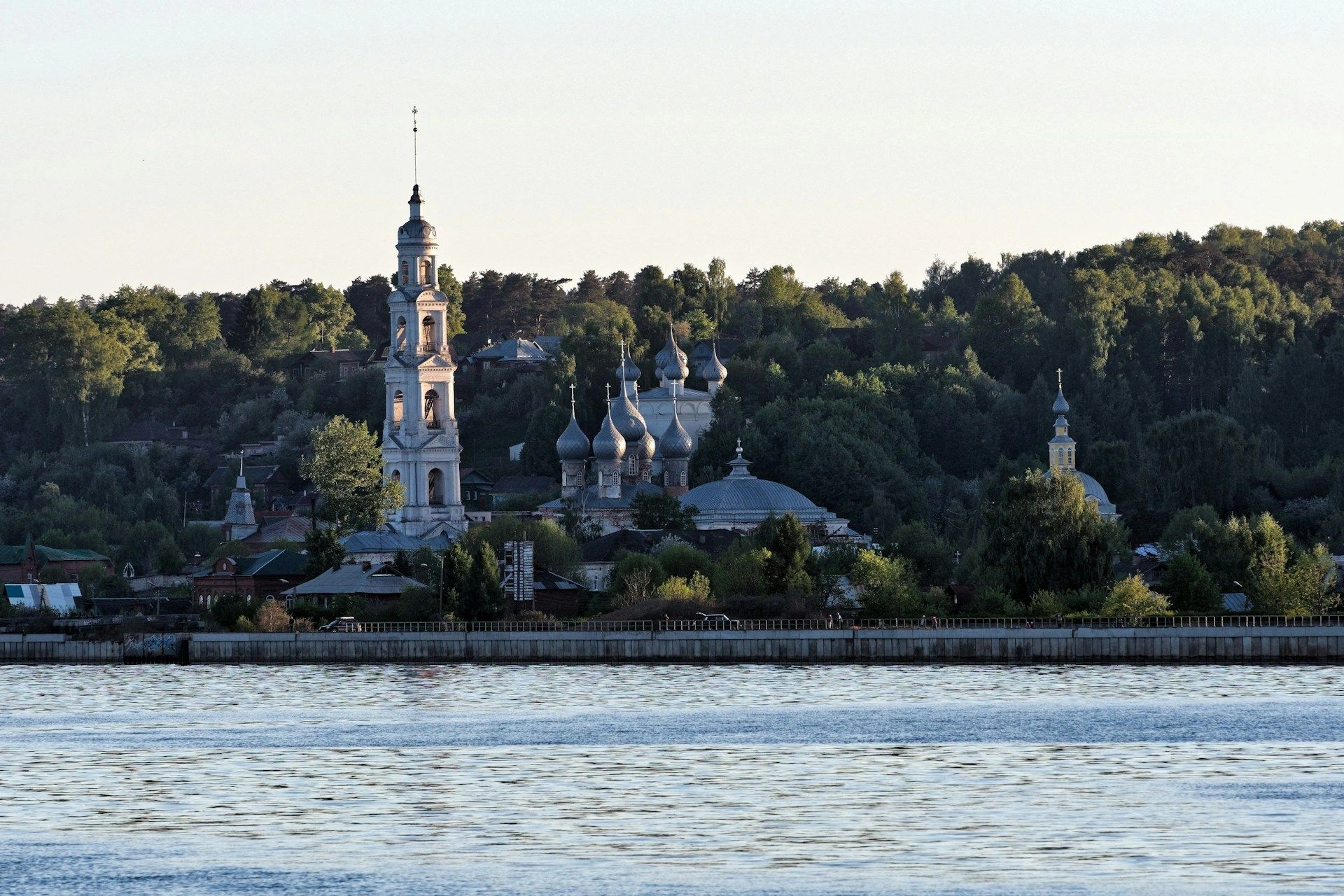Personalized Psychotherapy for Expatriates in RussiaRebuild emotional stability withstructured online support
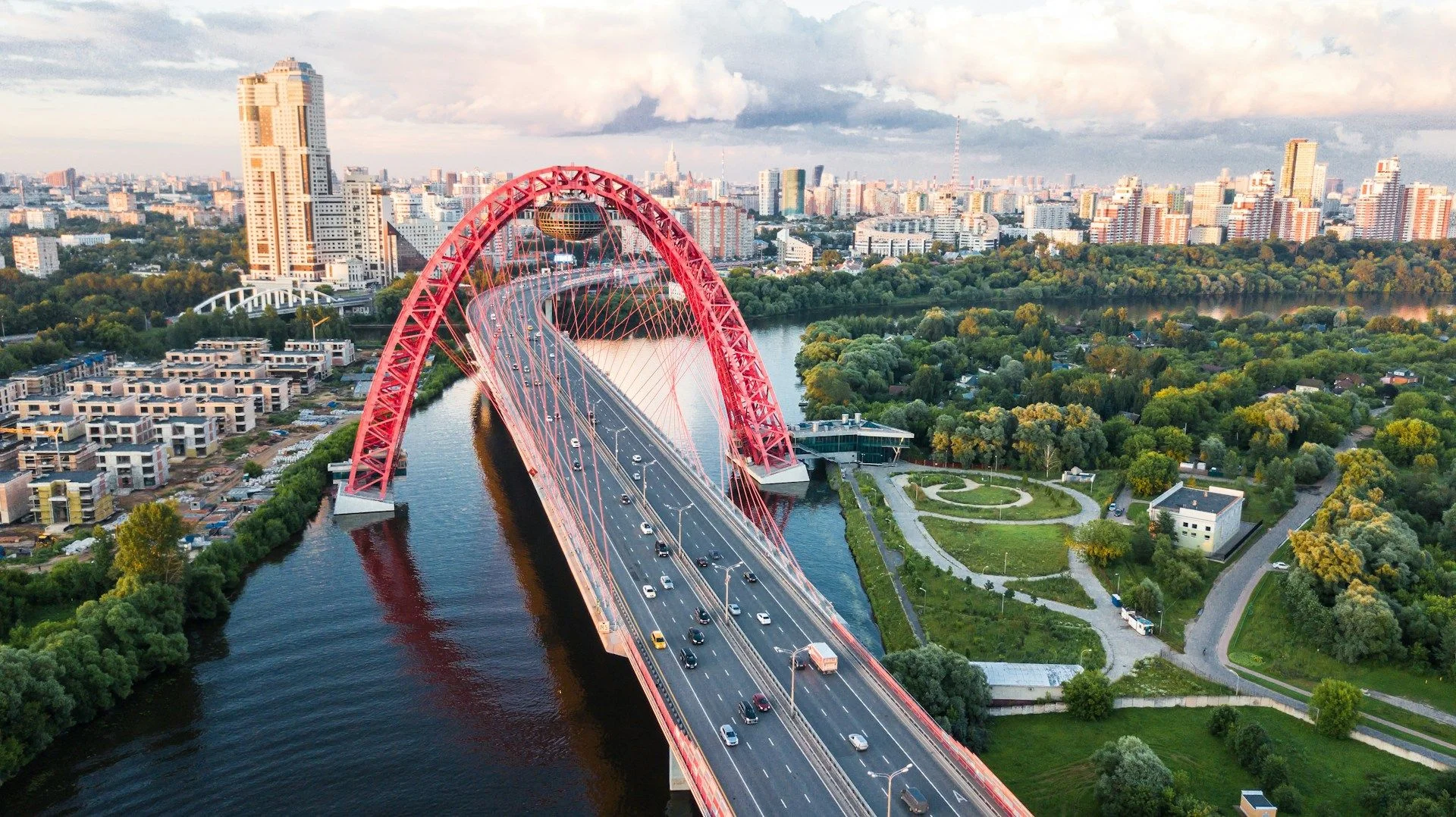
Popular
cities and regions in Russia
Advantages of Psychotherapy
for expats in Russia
Adaptive Coping Skill Development
One-on-one virtual sessions teaching cognitive restructuring and mindfulness tailored to manage stressors like cultural complexity, vast distances, and fluctuating routines
Virtual Language Confidence Building
Interactive online workshops and practice drills addressing Cyrillic script challenges, idiomatic Russian expressions, and real-life conversational scenarios to boost linguistic self-assurance
Bureaucratic Stress Reduction
Structured virtual guidance on navigating residency permits, visa renewals, and local administrative systems, combined with coping techniques to mitigate related anxiety
Adaptive Coping Skill Development
One-on-one virtual sessions teaching cognitive restructuring and mindfulness tailored to manage stressors like cultural complexity, vast distances, and fluctuating routines
Virtual Language Confidence Building
Interactive online workshops and practice drills addressing Cyrillic script challenges, idiomatic Russian expressions, and real-life conversational scenarios to boost linguistic self-assurance
Bureaucratic Stress Reduction
Structured virtual guidance on navigating residency permits, visa renewals, and local administrative systems, combined with coping techniques to mitigate related anxiety

Useful articles
and recommendations from experts
Clinical Psychotherapy for Expatriate Relocation in Russia
Relocating to Russia presents expatriates with a multifaceted psychological journey involving vast geographical expanses, rich cultural diversity, and complex administrative systems. From navigating Cyrillic signage in Moscow’s metro stations to adapting to Siberia’s extreme seasonal variations, expatriates must recalibrate daily routines, language capabilities, and personal identities. Virtual clinical psychotherapy offers evidence-based support to address core emotional challenges—anxiety, identity disruption, social isolation, and bureaucratic stress. By integrating cognitive, interpersonal, and mindfulness-based interventions, therapists help clients build resilience, restore emotional equilibrium, and achieve sustainable adaptation within Russia’s dynamic environment.
Understanding the Emotional Phases of Expatriation
The expatriate adjustment process typically progresses through a series of emotional phases:
- Anticipatory Anxiety: In the planning and pre-departure stage, individuals often experience intrusive worries about language barriers, cultural misunderstandings, and the complexity of Russian visa regulations. Physiological symptoms—insomnia, muscle tension, gastrointestinal upset—are common. Psychoeducation helps normalize these reactions and introduces early coping tools, such as diaphragmatic breathing and structured worry periods.
- Honeymoon Period: Upon arrival, expatriates may feel exhilarated by Russia’s architectural grandeur—from the Red Square in Moscow to the Nevsky Prospect in Saint Petersburg—and the novelty of new cultural experiences. Optimism and heightened engagement can temporarily buffer stress, encouraging exploratory behaviors and social curiosity.
- Culture Shock: As initial novelty fades, routine tasks—such as reading Cyrillic menus, navigating regional train schedules across the Trans-Siberian routes, or interpreting indirect communication styles—become sources of frustration. Seasonal extremes, from polar winter darkness in Murmansk to long summer days in Yakutsk, can disrupt sleep and mood, exacerbating emotional volatility and feelings of incompetence.
- Negotiation: Expatriates begin constructing personalized coping strategies: scheduling virtual therapy check-ins, establishing morning mindfulness rituals set to local time, and organizing weekly language-practice sessions. Graded exposure tasks—ordering groceries in Russian, attending neighborhood gatherings—provide experiential evidence against catastrophic predictions (“If I mispronounce, they won’t understand me”).
- Adaptation: Stable routines emerge as individuals form supportive social networks, master administrative processes, and integrate personal values—such as professional goals, cultural exploration, or community engagement—into their daily lives. Emotional well-being improves as expatriates develop a coherent sense of belonging.
Awareness of these phases enables therapists to time interventions appropriately: early sessions focus on anxiety management and expectation setting, mid-phase work targets cognitive restructuring and social skill acquisition, and later sessions consolidate gains and plan for long-term resilience.
Evidence-Based Therapeutic Modalities
Virtual psychotherapy for expatriates in Russia employs multiple evidence-based approaches within a flexible framework. After an initial intake combining standardized assessments (e.g., GAD-7, PHQ-9) with clinical interviews exploring personal history and relocation stressors, therapists co-develop a personalized treatment plan. Key modalities include:
- Cognitive-Behavioral Therapy (CBT): Clients identify automatic negative thoughts—such as “I’ll never master Russian” or “The bureaucracy is insurmountable”—and challenge them through thought records, behavioral experiments (e.g., enacting short phone calls in Russian), and graded exposure.
- Acceptance and Commitment Therapy (ACT): Focuses on accepting uncontrollable aspects—seasonal darkness, processing delays—and committing to value-aligned actions, such as participating in local cultural webinars or fostering creative projects that transcend geographical limitations.
- Mindfulness-Based Stress Reduction (MBSR): Incorporates guided meditations, body-scan exercises, and mindful awareness practices. Virtual implementations may use imagery of Russian landscapes—ice formations on Lake Baikal or birch forests—to anchor attention and counteract rumination.
- Interpersonal Therapy (IPT): Addresses role transitions and social integration, focusing on communication patterns and relationship building. Structured exercises may involve role-play negotiations with landlords or collaborative problem-solving when paperwork complications arise.
- Behavioral Activation: Counters low mood by scheduling positively reinforcing activities accessible online—virtual art tours of the Hermitage, online language tandems, or participation in remote volunteering with Russian NGOs.
Between sessions, clients engage in self-help assignments: maintaining mood-tracking journals keyed to environmental triggers, practicing two-minute grounding exercises during work breaks, and undertaking graded language exposures—such as reading short news articles in Russian and summarizing them aloud. Regular progress reviews ensure the treatment plan remains aligned with evolving challenges and personal goals.
Managing Language and Bureaucratic Stressors
Language insecurity and administrative complexity are central stressors for expatriates in Russia. While major cities offer English signage in some contexts, everyday interactions—shopping at local markets, scheduling medical appointments, or renewing visas—require proficiency in Russian and familiarity with local procedural norms.
Virtual language mastery sessions integrate directly with psychotherapeutic goals. Interactive workshops focus on:
- Cyrillic Fluency: Systematic practice of reading and writing exercises, leveraging spaced-repetition flashcards for common words and phrases encountered in official documents.
- Idiomatic Expressions: Role-play scenarios simulating real-life dialogues—e.g., negotiating rent, asking for directions—and reflective debriefs to reframe errors as productive learning.
- Administrative Communication: Developing scripted templates for emails and calls to government offices, with coaching on tone and formality appropriate for contexts such as the Federal Migration Service.
Cognitive framing techniques accompany language exposure: clients record their initial anxiety predictions (“They will scold me for mispronouncing”) and then document actual outcomes, fostering recalibration of self-efficacy beliefs. Over time, increased linguistic competence reduces social withdrawal and builds confidence to engage in broader community activities.
Addressing Social Isolation and Community Integration
Social isolation can intensify during off-peak seasons and in cities beyond Moscow or Saint Petersburg. Virtual group interventions—such as facilitated expat peer support circles or hobby-based breakout rooms—provide opportunities for shared experience and collective problem-solving. Role-play modules prepare clients for diverse settings: workplace interactions in multinational companies, academic seminars in Russian universities, or community outreach projects.
Network mapping exercises help expatriates identify potential social anchors: language exchange meetups at cultural centers, online fitness classes conducted by local instructors, or virtual book clubs exploring Russian literature. Therapists guide clients in setting achievable social goals—attending one meetup per week, initiating at least two new connections per month—and in processing challenges that arise, such as misunderstandings or withdrawal urges.
Seasonal considerations—white nights in St. Petersburg, deep winter darkness in Siberia, or long summer heat in the South—require adaptive social strategies. Clients learn to plan indoor communal activities during extreme weather and to leverage seasonal festivals—Maslenitsa, City Day celebrations—to foster belonging and cultural engagement.
Family Dynamics and Long-Term Resilience Planning
Expatriate relocation often impacts entire family systems. Partners may adapt at different rates—one pursuing professional networks while the other grapples with home isolation—leading to potential conflict over household roles and expectations. Children face educational transitions, language acquisition challenges, and peer integration in schools with varied linguistic profiles.
Virtual family therapy sessions provide a structured forum to address these dynamics. Key techniques include:
- Active Listening and I-Statements: Family members learn to express needs clearly—“I feel unsupported when I struggle with paperwork”—and to respond with empathy, reducing blame and fostering collaboration.
- Joint Goal-Setting: Families co-create adaptation plans—weekly virtual family dinners with relatives back home, shared exploration of Russian recipes, or collective participation in online cultural events—to reinforce unity and joint resilience.
- Identity Mapping: Visual exercises guide each member in charting pre-relocation roles (career professional, community volunteer, caregiver) alongside emerging ones in Russia (e.g., “transnational connector,” “bilingual communicator”), fostering coherent self-narratives that honor both origins and new experiences.
Long-term resilience planning incorporates booster sessions scheduled at three, six, and twelve months post-move. These check-ins enable therapists and families to revisit coping strategies, address emerging stressors—career changes, academic milestones, or regulatory updates—and celebrate progress. Intentional rituals—such as annual virtual reflections on relocation anniversaries, accompanied by photo collages spanning Russia’s vast landscapes—reinforce a sense of achievement and belonging.
By integrating individual, social, and familial interventions within a comprehensive virtual framework attuned to Russia’s unique environmental, linguistic, and bureaucratic contexts, clinical psychotherapy empowers expatriates and their families to navigate complex relocation stressors, cultivate emotional balance, and build enduring well-being in their new transcontinental home.



